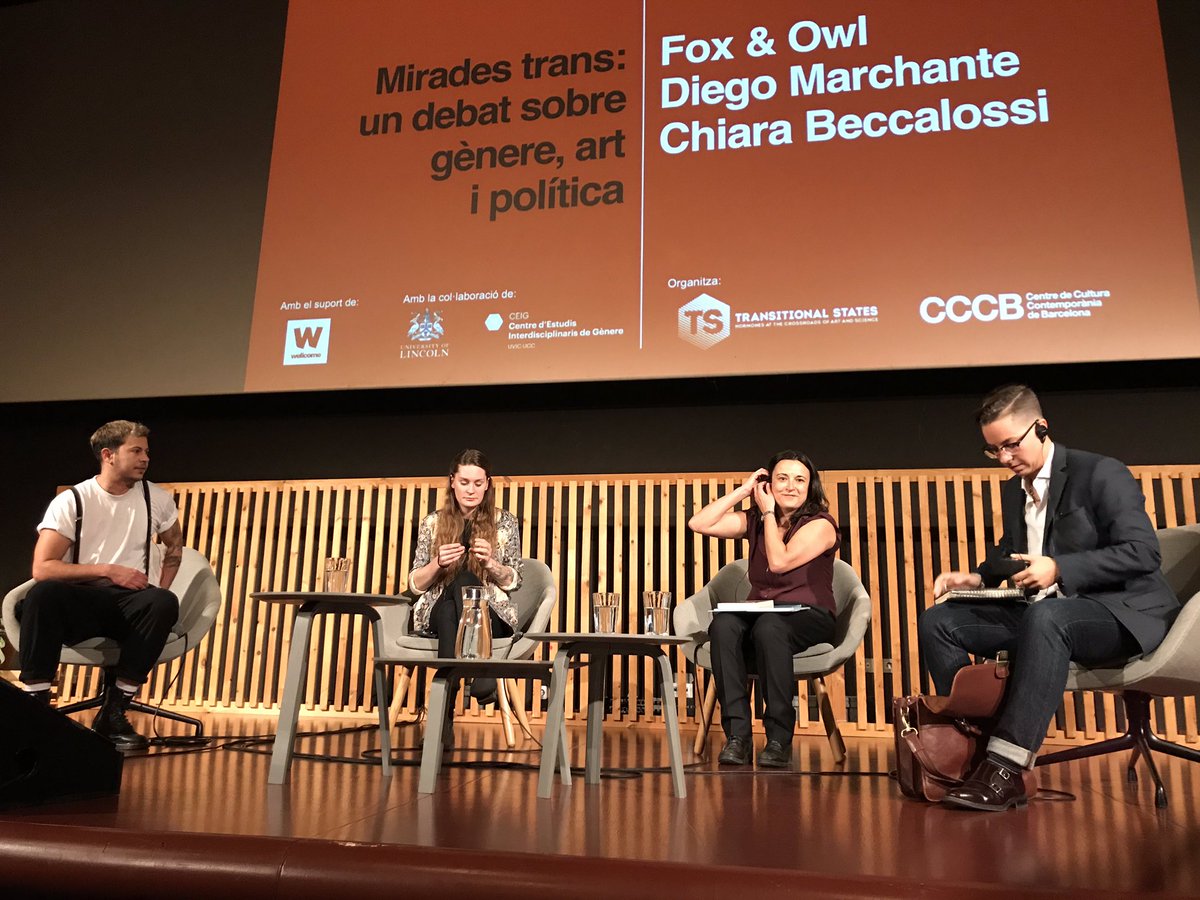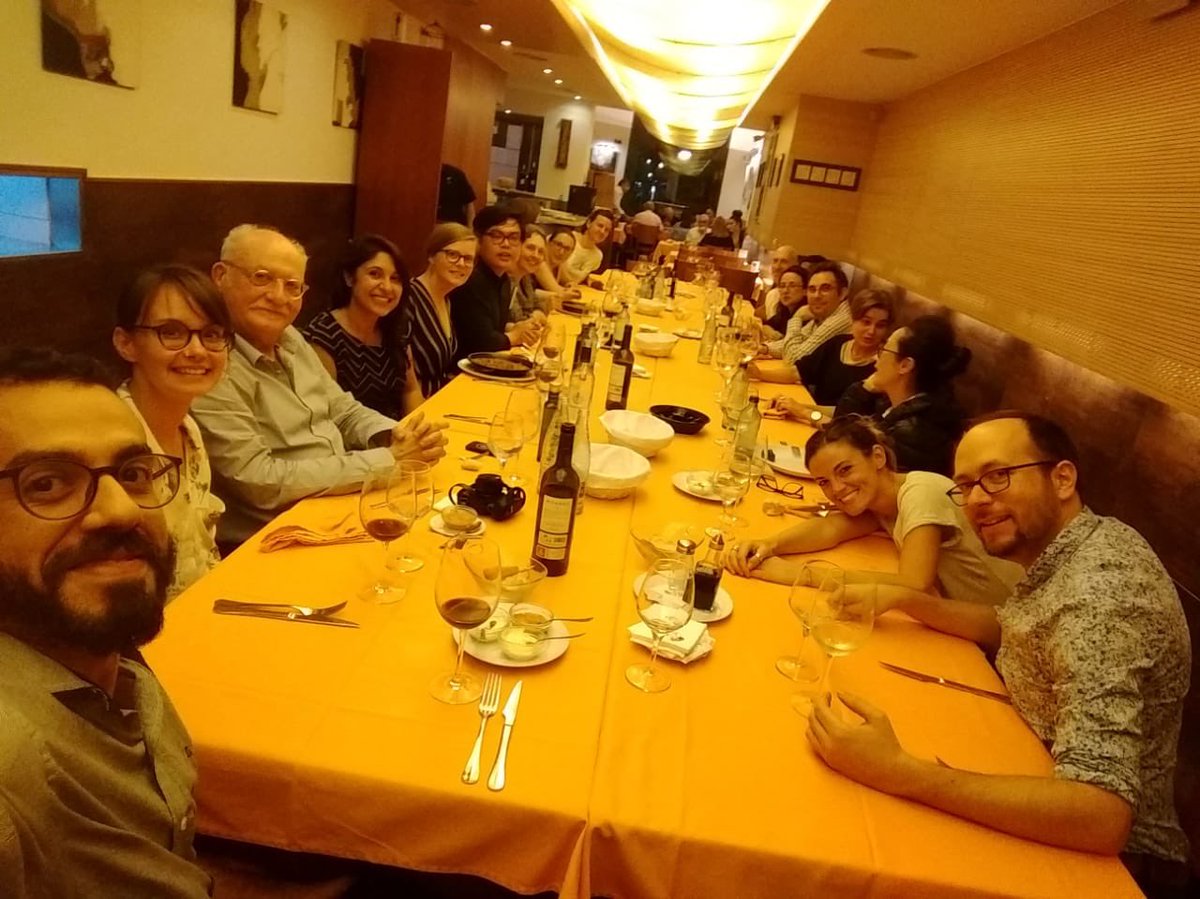
This international conference in October 2018 was jointly organised by Rethinking Sexology’s Kate Fisher and Jana Funke, and Chiara Beccalossi as part of her Sexology, Hormones and Medical Experiments in the Latin Atlantic World project at the University of Lincoln. Both projects are funded by the Wellcome Trust.
This conference sought to approach the global history of sexual science by focusing on the multivalent concept of development. Hierarchies of cultural and racial development were central in shaping the global self-positioning, circulation and reception of sexual scientific knowledge, and models of development used to understand the nature and significance of human sexual behaviour. At the same time, development is a concept at stake in the articulation of what made sexual science special and authoritative. Some sexual scientists presented their work as ‘modern’ and ‘new’, insisting that it constituted a radical break with the past, yet modern sexual science was also frequently seen to emerge out of older forms of knowledge. Magnus Hirschfeld’s suggestion that his own research on sex was in some sense related to ancient Indian sexual knowledges offers one example of this attempt to create histories of the development of sexual science that cut across established cultural and national boundaries. The tendency to classify forms of knowledge as more or less ‘developed’, ‘progressive’ or ‘advanced’ played a constitutive role in these debates about the authority as well as the contours and histories of sexual scientific thinking.
Development was also a key concept in sexual science for understanding the individual. Explorations of how and why the sexed body, sexualdesire and gender identity developed over the individual life course were the subject of vibrant debate in the late nineteenth- and early twentieth century, creating dialogue between thinkers that might be classified as sexologists, endocrinologists, eugenicists, psychologists, psychoanalysts, evolutionary theorists, embryologists, zoologists, anthropologists, educators, reformers and others. For some, being able to trace, guide and intervene in the process of individual development promised to create a stronger, fitter, more civilised and more competitive nation or race that could defend its place within a global context.
The sexual scientific interest in technologies such as hormones, birth control and hypnosis was equally driven by a desire to influence for the better the development and health of the individual and, by extension, the cultural group, nation or race. Controversial late nineteenth-century theories around recapitulation, which suggested that individual development (ontogeny) repeats the development of the species (phylogeny), led to the search for correspondences between individual and cultural as well as racial development. Henceforth, figures that were central to sexual scientific knowledge – including the child, the homosexual or the neurotic – were linked to groups of people perceived as ‘primitive’, ‘backward’ or ‘savage’, creating complex connections between scientific attempts to understand individual development and sexual, racial and cultural difference. In these, and other ways, understandings of individual sexual development that emerged at this time were fundamentally shaped by cross-cultural comparison and related ideologies of culture, race and empire.
The conference was hosted by the Centre de Cultura Contemporània de Barcelona (CCCB) in Spain.

An associated exhibition was hosted by the CCCB from Transitional States project.
On the first evening of the conference the CCCB hosted “Trans Perspectives: A Public Discussion on Gender, Art and Politics” with Fox Fisher, Owl (Ugla Stefanía Kristjóttir Jónsdóttir) and Diego Marchante. Chaired by Chiara Beccalossi.

Thank you again to all our fantastic speakers and participants! 
